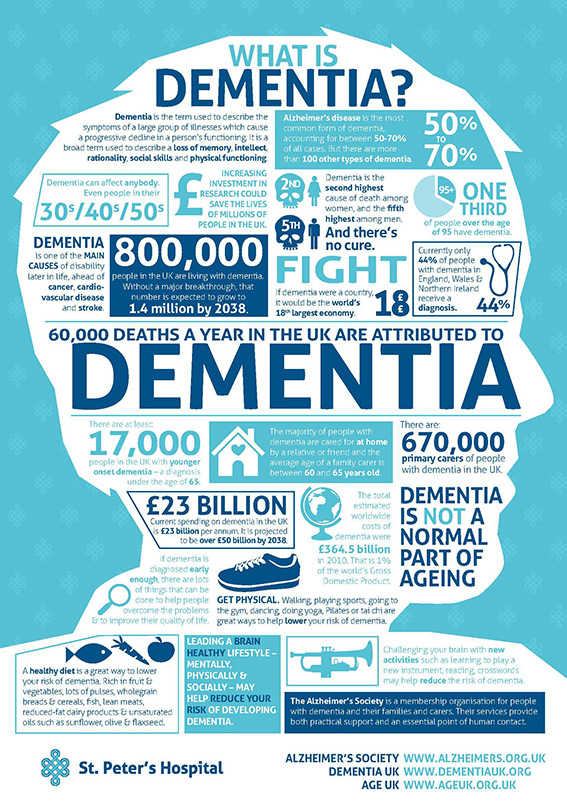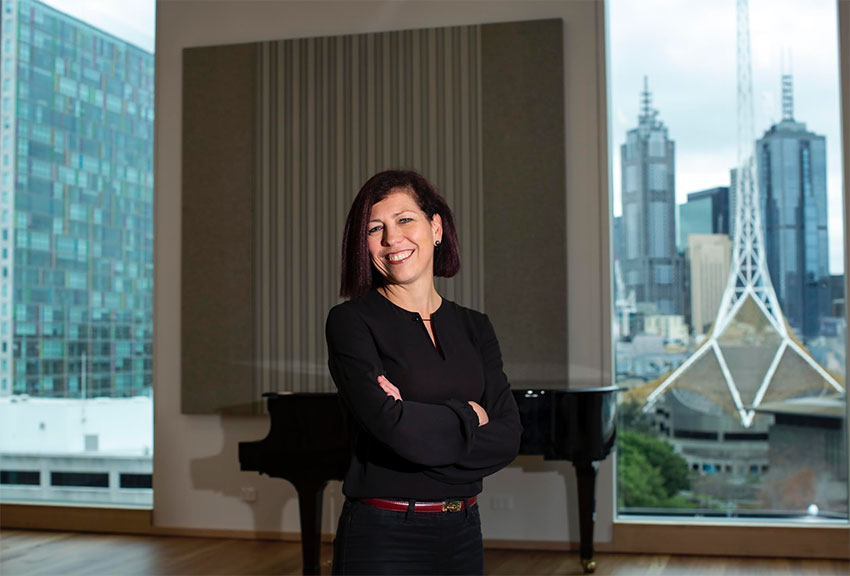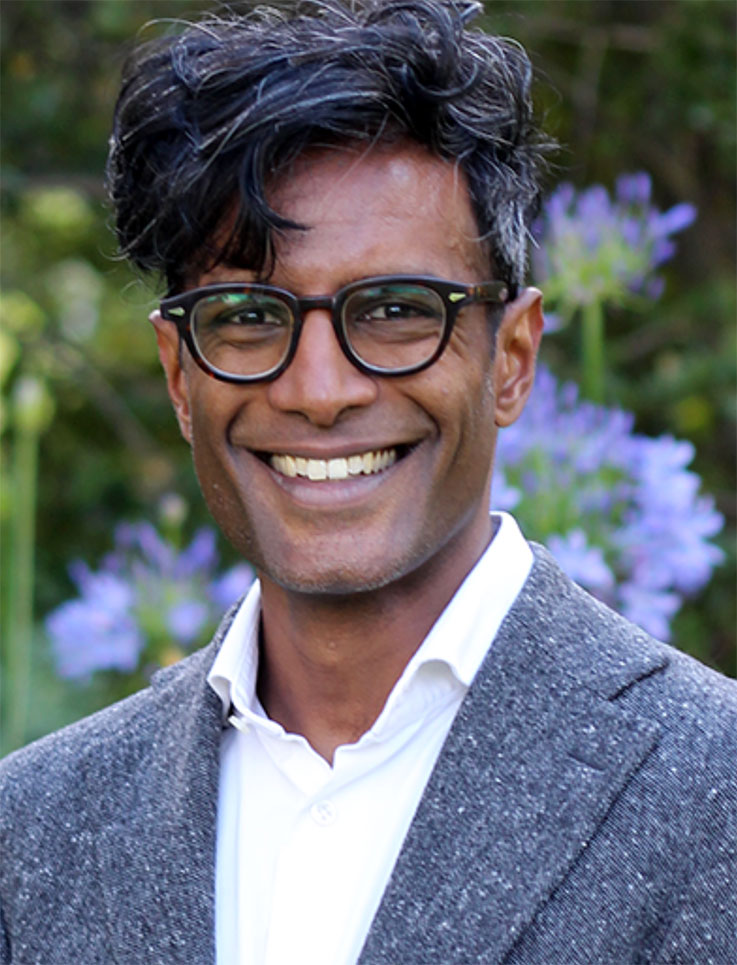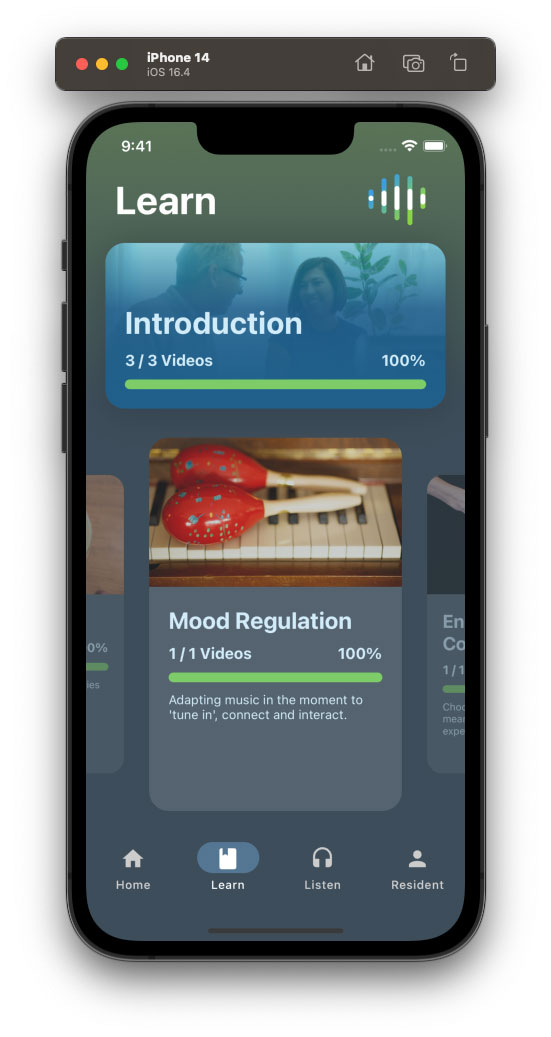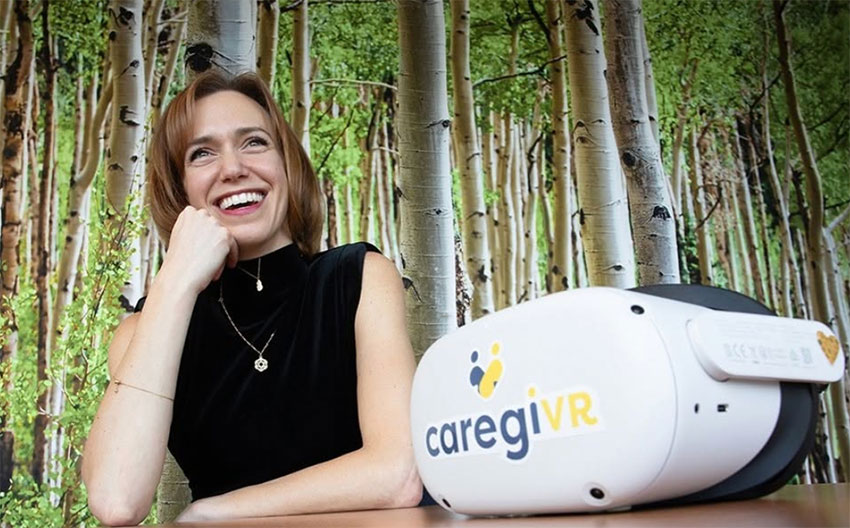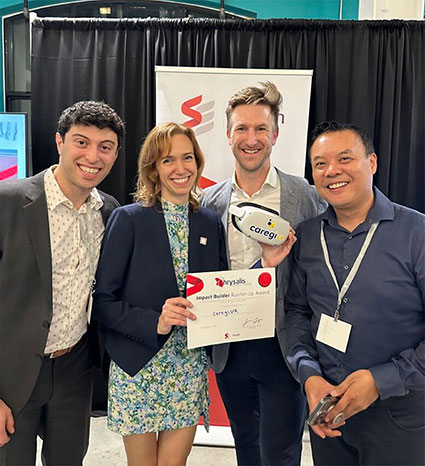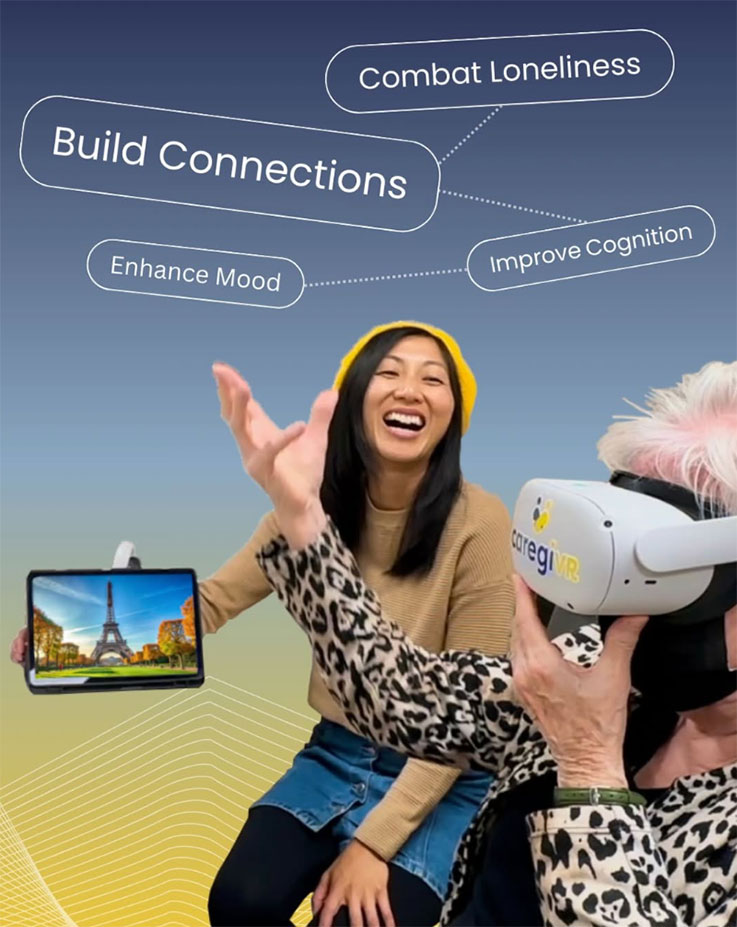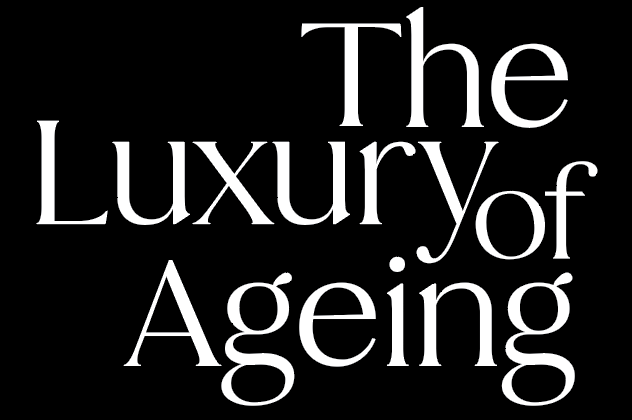Professor Felicity Baker leads Creative Arts and Music Therapy Research, specialising in music therapy, neurorehabilitation, dementia and songwriting. In 2024, she co-founded Attuned Music, a MedTech spin-out from the University of Melbourne, focused on scaling music-based health technologies for dementia. In 2023, she received the Marles Medal for research impact. As Associate Editor of
Journal of Music Therapy, she has published nine books and over 200 articles, including Leadership and Management of Clinical Trials in Creative Arts Therapies (2022, Palgrave).
Dr. Sanka Amadoru is a geriatrician specialising in cognitive health, dementia and older persons' mental health. He co-chairs the MATCH advisory committee via eHealth, directs Aria Health in Melbourne, and works at Austin Health on dementia trials. His research focuses on digital health and aged care innovation. He advocates for equitable healthcare access for rural Australians, First Nations communities, and LGBTIQ+ individuals as well as advising the Australian Government on aged care policy.
Dr. Lora Appel is an Associate Professor of Health Informatics at the Faculty of Health at York University, Toronto, Canada. She is Adjunct Researcher at Michael Garron Hospital and an Affiliate Scientist at KITE, Toronto Rehabilitation, University Health Network - the largest medical research organisation in Canada. Lora heads the Prescribing Virtual Reality (VRx) lab which designs and conducts studies that introduce and evaluate XR interventions for patients, caregivers and healthcare providers in different settings, ranging from acute-care hospitals, long-term care homes to community centres and private residences. She received several grants from the Centre for Aging in Brain Health innovation and Canadian Institutes for Health Research to pursue this work in ageing and dementia care. More recently her research has expanded into novel uses of VR for other patient populations and clinical conditions, such as those living with epilepsy, specialised dentistry with stroke patients and low-vision therapy for paediatric oncology patients and seniors with AMD. Dr. Appel has published in premier journals like the
American Journal of Medicine, the
International Journal of Medical Informatics and
Frontiers in Medicine. She has given talks at Harvard medical school and the Royal College of Physicians in London, and her work with VR has resulted in several national media appearances. Lora is passionate about creating technological interventions that are preventative, holistic and tailored to the individual, with a special focus on sensory-health.
